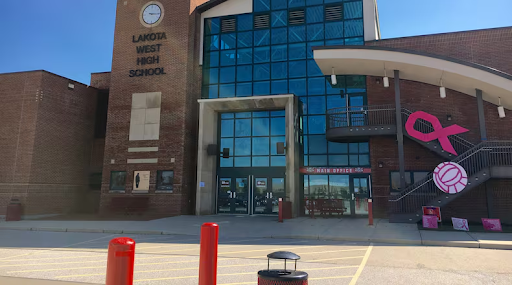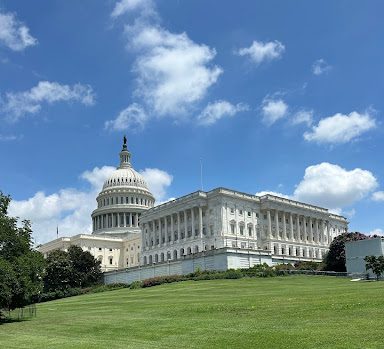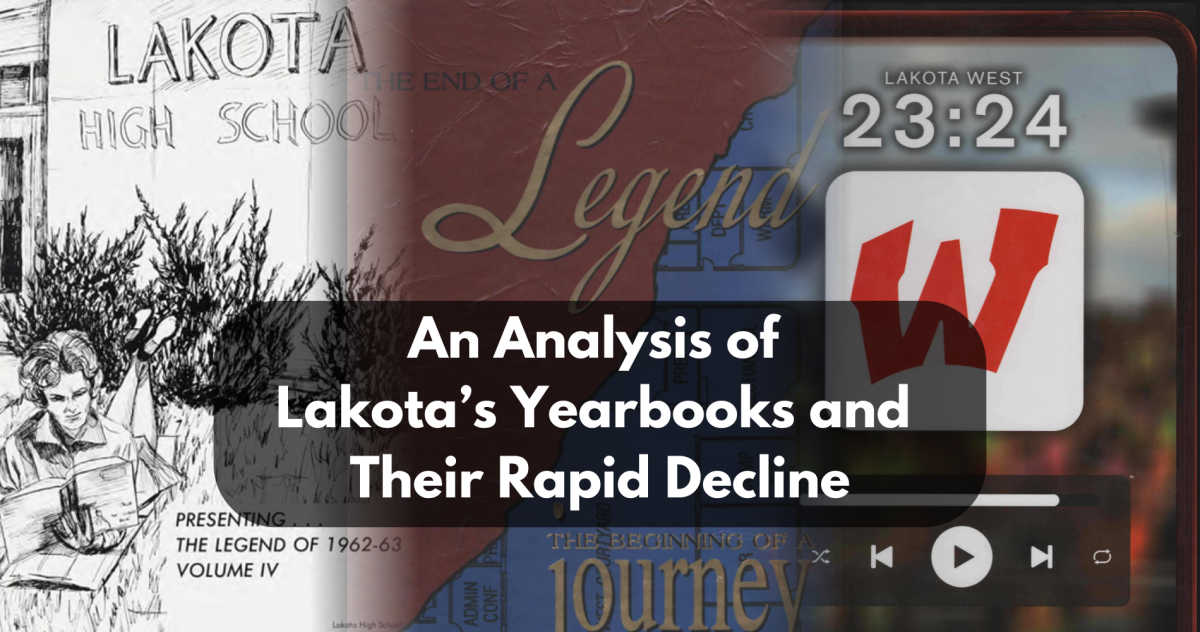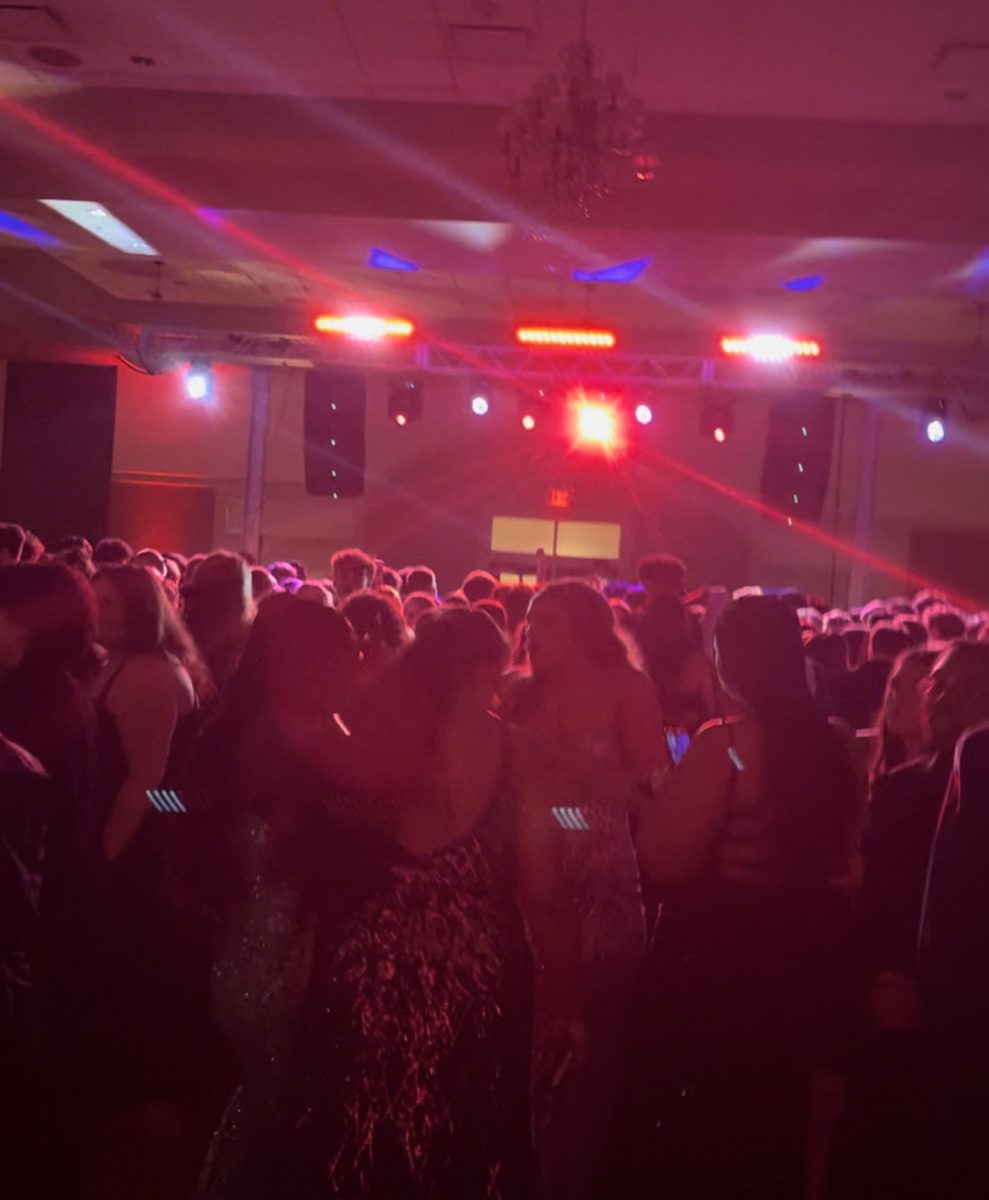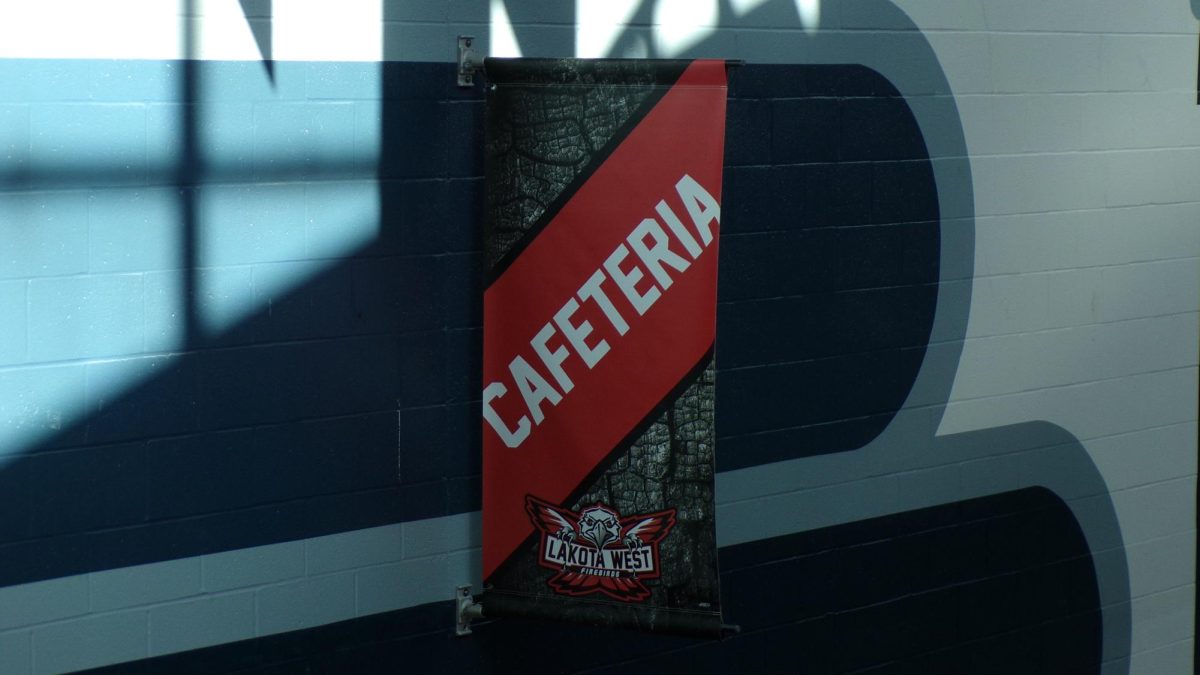Since its creation, Prom has always been an event focused on giving upperclassmen (Juniors and Seniors) a way to celebrate the things they have accomplished, through a dance held at the end of the year: Prom. With a theme selected by the prom-planning team (at West this is the Junior Board) and prom court nominees selected, everything that happens leading up to the dance is the same as years past, with a slight change. Although the dance is made to celebrate the hard work of the upperclassmen, it has never stopped underclassmen from getting into the dance. If students are going to continue to cheat their way in without actually being in a relationship with an upperclassman, should all students be allowed to attend prom, regardless of their class?
In order for students to enter the Savannah Center for prom, you must be a Junior or Senior attending Lakota West who is passing the majority of their classes and has not been tardy more than 10 times. If these are met, the student will need to purchase a ticket for 40 dollars and will present an ID at the door to be allowed in. Although the dance is for Juniors and Seniors, they may be accompanied by one guest, who would be their “date”. The date would still have to pay for a ticket, but the class they were in (Sophomores to Alumni who graduated the previous year) would not be taken into consideration. This is done so students can bring their date, even if they don’t attend Lakota, are recently graduated, or are simply too young to be brought into prom in the first place. West has done a good job over the years of making sure anyone who is eligible to go to prom can get in… but they haven’t been afraid to stop people if they are failing their coursework or are found to have a lack of discipline in their academic settings.
Over the years, Sophomores have become increasingly clever in finding ways to get in. One such way, which is most commonly done through the help of an upperclassman, is to get a Junior or Senior to take a sophomore as their “guest”, allowing them access to the prom. If one couple did this, each taking a sophomore in, a sophomore couple could theoretically enter the dance. Although it might seem odd for the upperclassman couple to not be together, there is no actual change in getting in with or without a partner accompanying you. Although done in some schools, there is no discount for prom tickets if you are going as a couple, meaning dances hosted at West such as Sadies and Homecoming do have perks to being with a couple.
In regards to prom, the upper/underclassmen couple exchange has been used countless times over the years. With sophomore couples getting into the dance so easily, students often wonder if only allowing upperclassmen is that important in the first place, if Sophomores are still getting in.
For some students, they don’t care if a sophomore gets into the dance. Upperclassmen are there to enjoy their night, and whoever is there, can be there. Sophomores are already in the building with the rest of the Juniors and Seniors, so removing them for one school dance makes a noticeable difference. Besides, upperclassmen will have already attended dances like Homecoming with Sophomores AND freshmen. Is trying to block out the sophomores worth all the effort?
On the other hand, some students value the event being closed off to Sophomores, finding their class to be too new to the school and not fit in with the group of upperclassmen, who have already been together for nearly two years. Tradition can also be a huge factor; when Upperclassmen were sophomores themselves, they had to go through the same thing. Why should Sophomores suddenly get this privilege that they didn’t? Tradition also makes the presence of a Junior + Senior event more impactful and makes it feel more reserved and earned. After AP testing and OST (State) Testing, many students find getting dressed up in suits or dresses is a relaxing way to spend the weekend. Seniors, especially those who have already committed to college and feel there is no purpose left in attending West, can use prom to help them get a grasp on how many days are left, and give them a reason to attend classes and stay involved with the events happening around the building.
Upperclassmen also have found that sophomores need to wait their turn, just as they did. Part of the fun of prom is waiting until your Junior and Senior year to participate; it makes the experience far more memorable and makes the “earning” factor of it all more authentic to those who participate. Prom has always stood out as being reserved for older students, so allowing Sophomores in could “break the spell” that Prom has always instilled upon Lakota’s students.
Sophia Hayes, a Senior at Lakota West, felt that including sophomores would make the event feel less special for other attendees.
“Prom is a celebration for the older members of high school, and is a night for them to celebrate themselves. The more proms you go to, the less special they feel…having three years of prom isn’t ideal.”
Other discussions on who should be in attendance have floated around the student body, such as splitting prom into a junior-only and senior-only dance. Just like the inclusion of sophomores, some could argue that Juniors make the seniors’ last dance feel less magical, knowing half the people there will get to do this again. For Juniors, many of them look up to the seniors and want to be able to see them and enjoy one last dance with them. In a way, the class above and below you are who you become the most attached to, and the worst thing you can do is try to push your fellow students away.
Prom allows for a huge background of students to attend the dance, even if you don’t attend the school or already graduated. As long as you present yourself accordingly for the night, there is little that will stop you at the door to prevent you from enjoying your possibly one-and-only high school prom.


